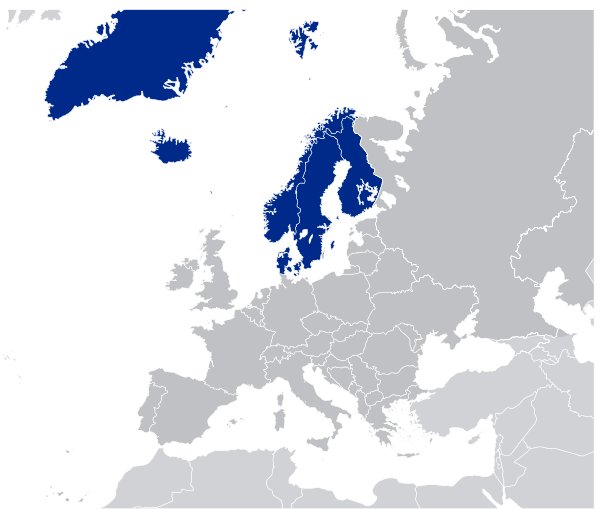Nordic countries debate mandatory adult education
Imagine if it weren’t just kids who, by law, had to attend school, but also grandparents. That is a proposal under debate in Nordic countries, where officials are considering a plan that would mandate adult education in later life.
In the 21st-century economy, few people can get through life on just the education they received when they were young, argues Poul Nielson, the Danish lawmaker who proposed the idea.
“In order to live with the technical changes that go on and on, human beings have to be better educated,” he said. “It’s not enough to simply be satisfied that we have educated people until they grow up and get a job and then leave the rest to the employers and the employees. Too many never really get a second lift in their capacities.”
For example, he said, no matter how well an electrician mastered skills learned 30 years ago, those skills are probably not adequate to handle the systems in place now.

This month the Nordic Council, the intergovernmental body for cooperation in the region, is set to discuss Nielson’s proposal, which appeared in a report last summer on the future of work in Denmark, Sweden, Norway, Finland, Iceland, Greenland, and the Aaland and Faroe islands.
The report, “Working Life in the Nordic Region,” does not provide details on how the idea would be implemented. It calls for the nations to collaborate on adult education pilot projects. But in Scandinavia, the concept is already in force on a smaller scale. “In Denmark, the metalworkers union and their employees organization have for some years agreed to have adult education” as part of workers’ benefits, Nielson said, adding, “There is practically no unemployment in that sector.”
Such agreements are easier in countries like Denmark, which have strong unions and a history of compromise. They are also, perhaps, more urgently needed there: The portion of people 65 and older is projected to rise from 30 percent in 2012 to 43 percent in 2050, and the retirement age is set to rise from 65 to 67 in 2022.
In the United States, with its more diversified and decentralized labor market and a more contentious political process, mandatory education for older adults would be harder to implement and enforce.
Still, Americans would do well to embrace the idea on a broad level, said Paul Irving, chairman of the Milken Institute Center for the Future of Aging and a professor at the University of Southern California-Davis School of Gerontology
“We have college savings accounts to encourage young people and we have a culture that celebrates learning for young people, and I think that kind of culture makes sense throughout life,” he said, adding that along with making people more productive, continuing education helps them remain more engaged with the broader world and therefore healthier.
“Policy leaders, employers and academic institutions at all levels should work together and collaborate to ensure that people throughout the country have the opportunity to learn throughout their lives,” he said. “Why should arbitrary age cutoffs define learning in our life?”
As discussion of free tuition at community colleges and state universities has become part of U.S. political discourse, the idea of extending education to older adults might not be such a stretch. The compulsory aspect, however, would be a harder sell.
Even Scandinavians might require some convincing, Nielson conceded. Still, he added, “Nobody today finds it strange that the education of children is simply something that the state provides. . . . Basically my proposal is that this is not enough anymore.”